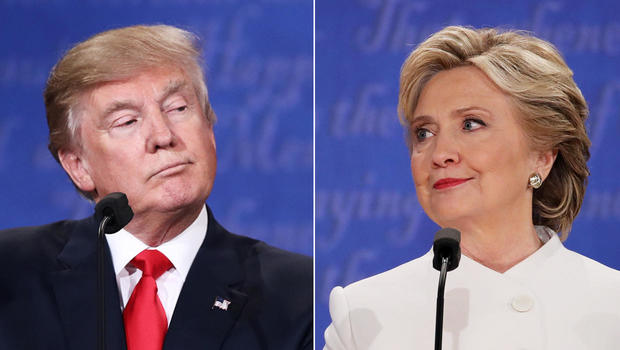HOUSTON, Nov. 4 (Xinhua) — This year's presidential election is unarguably the most unconventional, drama-ridden and divisive in the history of American electoral politics, according to political observers in the United States.
Peter Li, a political science professor with tenure at the University of Houston, said that "this year's presidential election has divided American society into two camps. Never before were presidential elections so divisive."
From his point of view, this election is indeed a battle between two mind-sets and two policy directions.
Li said that Hillary Clinton is undeniably one of the most qualified candidates to run for the White House while pointing out that "her use of a private e-mail server, questions raised on her handling of the crisis in the Middle East, Libya in particular, and her connection with the Clinton Foundation have been undercutting the effectiveness of her campaign."
As for the Republican presidential nominee Donald Trump, his political views and sexist and misogynistic remarks "have earned him both popularity and controversy," said Li.
However, Li also pointed out that Trump's "lack of political experience, his bluntness, and his 'outsider' status have even been seen as an advantage and are attractive to a part of the American voters."
Li believed that the start of the e-mail probe by the FBI is not good news to the Clinton campaign, "making the uncommitted voters to vote for Trump."
The second largest state of Texas and a Republican support base has been a die-hard red state for many presidential elections, but there is speculation that it could become a battleground state that could swing Democrat.
Li's view about the presidential election was also echoed by Ling Luo, chairwoman of Asian Americans for the Hillary National Committee, and Jingjing Clemence, Republican Precinct Chair and Texas Asian Republican Club Vice President.
Ling Luo said that this year's election is the most critical one in American history. It's the choice between progress and regression of American democracy. The candidates of both sides are not liked very much by voters.
She believed that Texas used to be a strong Republican state but could become blue this election.
Jingjing also believed that this year's presidential election is unique with both candidates of the two parties being very unpopular, and each loathed by the supporters of the other. ( "In my view, people who are favoring or supporting Trump are doing so not only because they like Trump's conservative views, but rather it is regular people's expression of their dissatisfaction towards the current administration's policies," she said.
"To a lot of Texas Republicans, Trump is not their first choice. But since he is the GOP nominee, and because the Supreme Court justices will be pointed by the newly elected president, Texas GOP or conservative voters will vote for Trump despite the fact that they may not like him as a person," she said.
"Clinton is unlikely to stand a chance in Texas as a whole, but it could be closer than at any time in the past 20 years. The reason for that is because of two demographic groups - Republican-leaning suburban women offended by Trump's comments about women, and Latinos, who are fired up to vote against him."
She believed that Asian American voters have shown great interest and participated much more in this election than any other presidential election in recent years. Most Asian American voters support Trump because of issues like gay marriage and anger at programs such as the Affordable Care Act, all of which are pushing the Asian voters to the right.
As for the prospect for China-U.S.relations after the election, Li said that he was not worried about China-U.S. ties whether Trump or Clinton wins the election.





